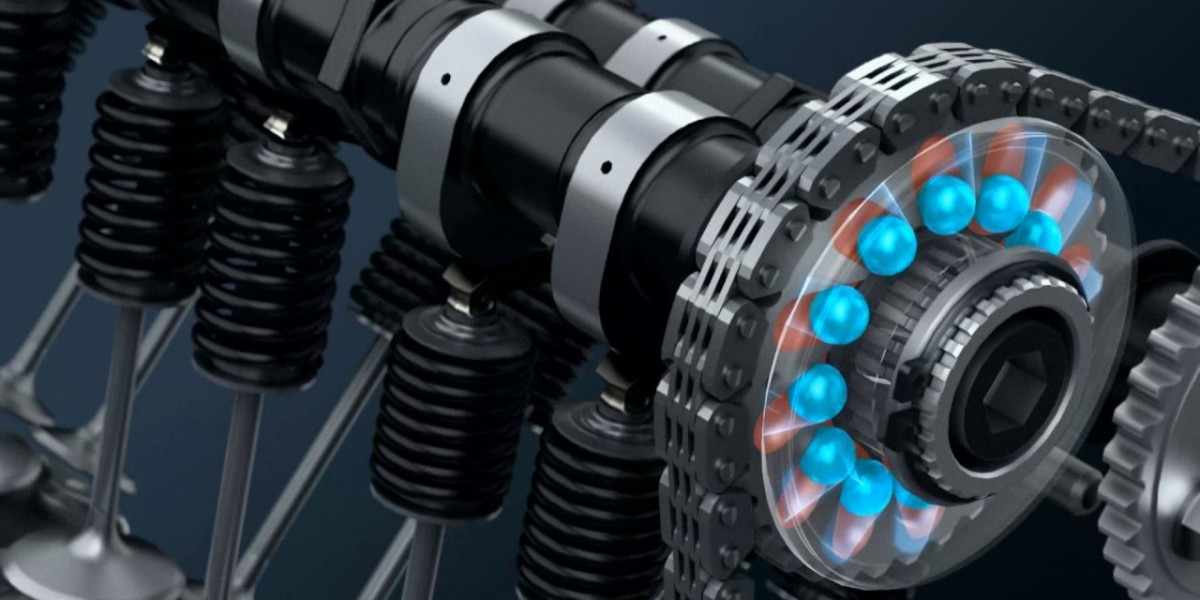Richard Cuevas, a seasoned mechanic with over 40 years of experience in the aerospace industry, found himself at the center of a legal battle against Boeing, Spirit AeroSystems, and Strom Aviation after raising concerns about serious safety violations in the construction of the Boeing 787 Dreamliner. His efforts to report unsafe practices ultimately led to his termination, which Cuevas claims was retaliatory. This case highlights the critical importance of whistleblower protections, especially in industries like aerospace, where safety is paramount.
1. Background of Richard Cuevas's Role
Richard Cuevas worked as a contractor for Strom Aviation, which provided staffing for various aerospace companies, including Boeing and Spirit AeroSystems. He was contracted to work at Spirit AeroSystems, specifically at a Boeing hangar in Everett, Washington, where his primary job involved repairing Boeing 787 Dreamliner aircraft. Cuevas had extensive experience working in the aviation industry, including working with United Airlines and various defense contractors.
Cuevas's work at Boeing’s hangar involved removing and replacing cargo doors on the Dreamliner 787. As his assignments slowed down, he was sent to Wichita, Kansas, where he worked on the forward pressure bulkhead of the Dreamliner, a crucial component responsible for maintaining air pressure in the aircraft’s cabin.
2. Discovery of Safety Issues in the Forward Pressure Bulkhead
While in Wichita, Cuevas discovered a critical safety issue in the construction of the forward pressure bulkhead. This component is responsible for sealing off the pressurized cabin of the aircraft, ensuring the integrity of the cabin's air pressure. The bulkhead is a complex assembly of metal components, including "J" and "Y" chords, which are fastened together with titanium fasteners. The fasteners are inserted through holes drilled into the chords, and the proper torque must be applied to create an airtight seal, called an "interference fit."
Cuevas noticed that the holes for the fasteners were improperly sized, as they were drilled using the wrong-sized reamer drill bit (.2495 inches) instead of the correct size (0.2475 inches). This discrepancy in size meant that the fasteners didn’t fit properly, undermining the integrity of the bulkhead and the aircraft's overall safety. The fasteners could loosen, leading to catastrophic in-flight failure.
In addition, Cuevas learned that Spirit's quality manager, Michael Shellhammer, had directed workers at the Atlas facility to re-drill the holes, which further compromised the integrity of the pressure bulkhead. This issue was not just a minor manufacturing defect; it had the potential to lead to significant mechanical failures during flight, including the loss of electrical power or cabin air pressure.
3. The Ethical Concerns and Cuevas’s Whistleblowing
Upon discovering these safety issues, Cuevas became deeply concerned about the potential risks posed by the faulty fasteners and the lack of proper interference fit in the bulkhead. As a highly experienced mechanic, he knew that these issues violated not only Boeing’s internal engineering standards but also federal aviation regulations set by the Federal Aviation Administration (FAA). These regulations ensure that all aircraft are built and maintained to the highest safety standards to protect passengers and crew.
In September 2023, Cuevas raised his concerns by discussing the issues with Spirit’s lead mechanic, Angel Linares, who dismissed the concerns by suggesting that Spirit had revised the bulkhead’s design. However, Cuevas later learned that the modifications were not in line with Boeing's specifications for the forward pressure bulkhead. By October 2023, Cuevas filed an official ethics complaint with Boeing, documenting the safety hazards posed by the altered fastener holes and the potential risks to the aircraft’s structural integrity.
4. Retaliation: The Termination of Richard Cuevas
Instead of addressing the serious safety concerns Cuevas raised, the response from his employers Boeing, Spirit, and Strom was to retaliate against him. In November 2023, Cuevas was walked out of the Boeing hangar by his supervisor, Michael Shellhammer, without a clear explanation. This abrupt dismissal came just months after Cuevas had raised safety concerns, and he believed it was a direct result of his whistleblowing activities.
Cuevas had no warning or explanation for his termination, which came shortly after he had notified Boeing about the issues with the fasteners. His concerns had begun to gain traction within Boeing’s ethics department, and he believed that his firing was an attempt to silence him. This type of retaliatory behavior, where an employee is punished for raising concerns about safety or ethical violations, is illegal under U.S. law.
5. Legal Framework: Whistleblower Protections Under AIR21 and SOX
Cuevas’s legal case rests on whistleblower protections provided under two key laws: the Wendell H. Ford Aviation Investment and Reform Act for the 21st Century (AIR21) and the Sarbanes-Oxley Act (SOX). Both of these acts prohibit retaliation against employees who report safety violations or fraudulent activities.
AIR21: This law specifically protects employees of air carriers, contractors, and subcontractors from retaliation if they report violations of FAA regulations. It is designed to ensure that workers in the aviation industry can safely report safety hazards without fear of losing their jobs or facing other forms of retaliation.
SOX: This act provides whistleblower protection for employees who report corporate fraud or violations of securities laws. Given that both Boeing and Spirit are publicly traded companies, they are subject to SOX provisions, which protect employees from retaliation when they report concerns related to securities fraud, such as the safety issues Cuevas raised about the Dreamliner.
Cuevas’s claims under both AIR21 and SOX are based on the retaliation he experienced after reporting serious safety concerns about the 787’s construction. His termination, which occurred shortly after his complaints were escalated, constitutes a violation of these whistleblower protections.
6. Impact of Retaliation on Richard Cuevas’s Life
The retaliatory actions taken against Cuevas had a significant impact on his personal and professional life. After his termination, Cuevas struggled to find new work in the aerospace industry, particularly because his dismissal meant he was ineligible to work on 787 aircraft for at least a year. This significantly limited his job prospects, especially as he was blacklisted by other contracting agencies.
Moreover, the emotional toll of being retaliated against for his ethical concerns took a personal toll. Cuevas was forced to cut back on visits to his wife, who lived in Alabama, due to the financial difficulties he faced after losing his job. The economic and emotional distress caused by his termination has been compounded by the uncertainty of whether Boeing and Spirit will take responsibility for the safety violations he reported.
7. Broader Implications for the Aerospace Industry
Cuevas's case raises important questions about the integrity of the aerospace industry and the treatment of employees who report safety concerns. The issues he uncovered were not just minor defects; they had the potential to jeopardize the safety of millions of passengers. Whistleblowers like Cuevas play a critical role in ensuring that companies adhere to safety standards, but they often face significant risks when they speak out.
This case also highlights the importance of having strong whistleblower protections in place to safeguard the integrity of industries like aerospace, where public safety is at stake. The retaliation that Cuevas faced illustrates the need for clear policies and protections for employees who report violations, as well as the need for industries to foster environments where whistleblowers are supported rather than punished.
8. Legal and Professional Consequences for Boeing and Spirit
As the case progresses, Boeing and Spirit could face serious legal and financial consequences. If the court finds that the companies retaliated against Cuevas for his whistleblowing, they could be required to compensate him for the economic, emotional, and professional harm he has suffered. The companies may also face reputational damage, particularly as more information about the safety violations becomes public.
Furthermore, the case could set a precedent for how whistleblower retaliation is handled in the aerospace industry, reinforcing the importance of protecting employees who report safety violations.
Conclusion
The case of Richard Cuevas highlights the challenges faced by whistleblowers in the aerospace industry, especially when they expose serious safety issues that could endanger the lives of passengers. His courageous efforts to report these violations have led to personal and professional hardships, but they also shine a light on the importance of robust whistleblower protections. As this legal battle continues, it is hoped that Cuevas's case will bring attention to the need for stronger safeguards for employees who act in the public's best interest.







